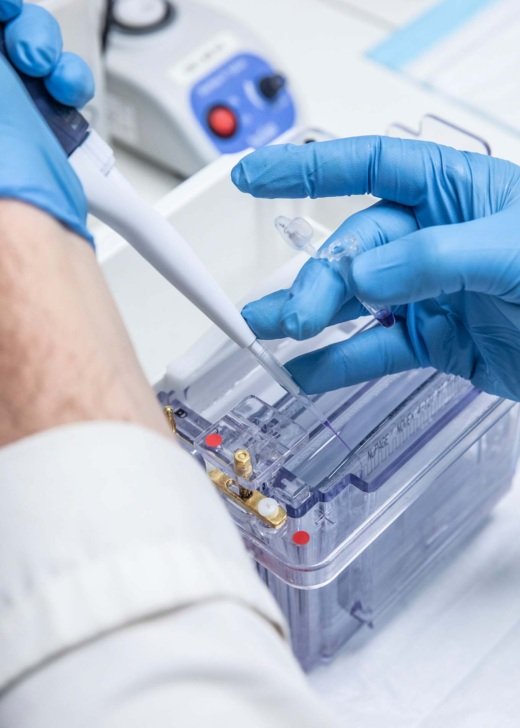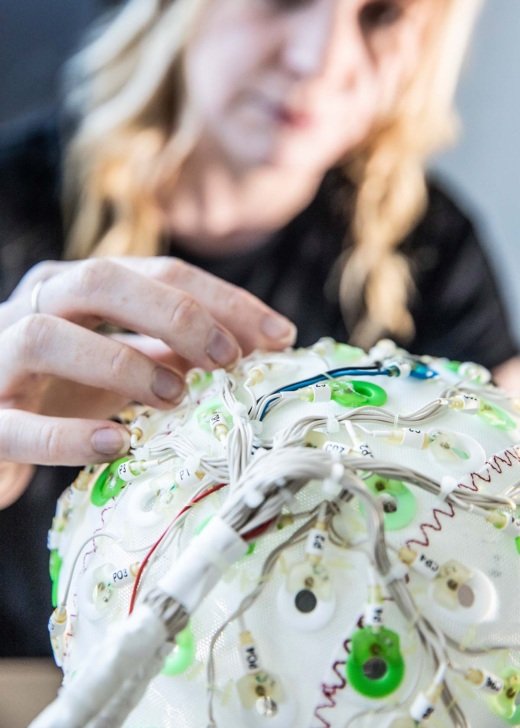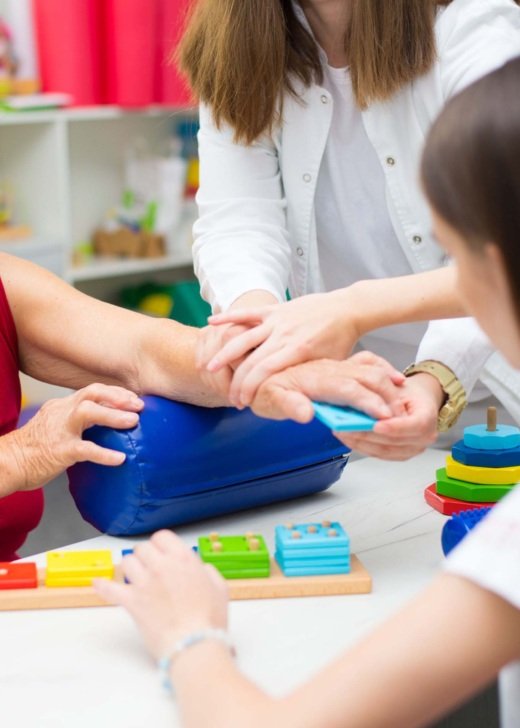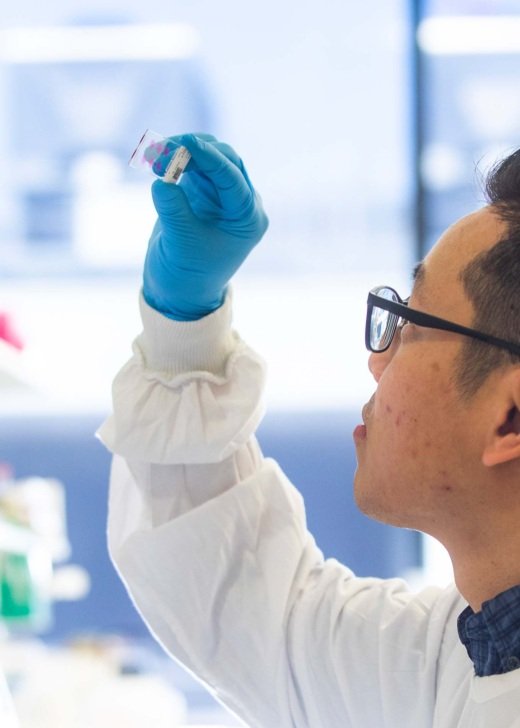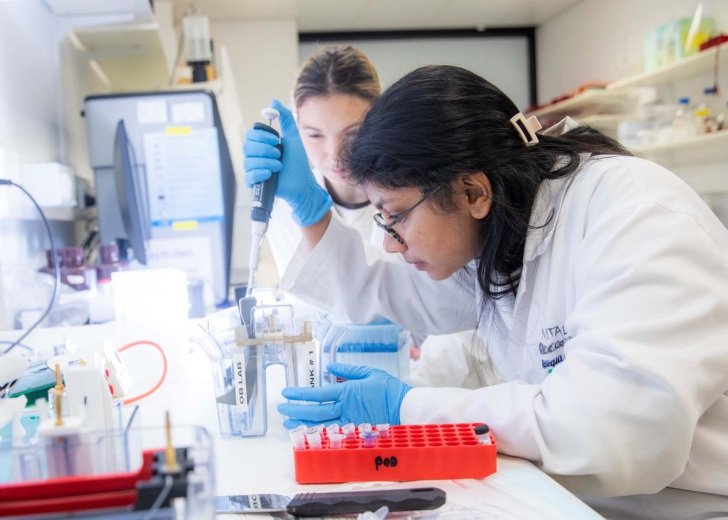
The home of brain research
Advancing our understanding of the brain to create improved health outcomes
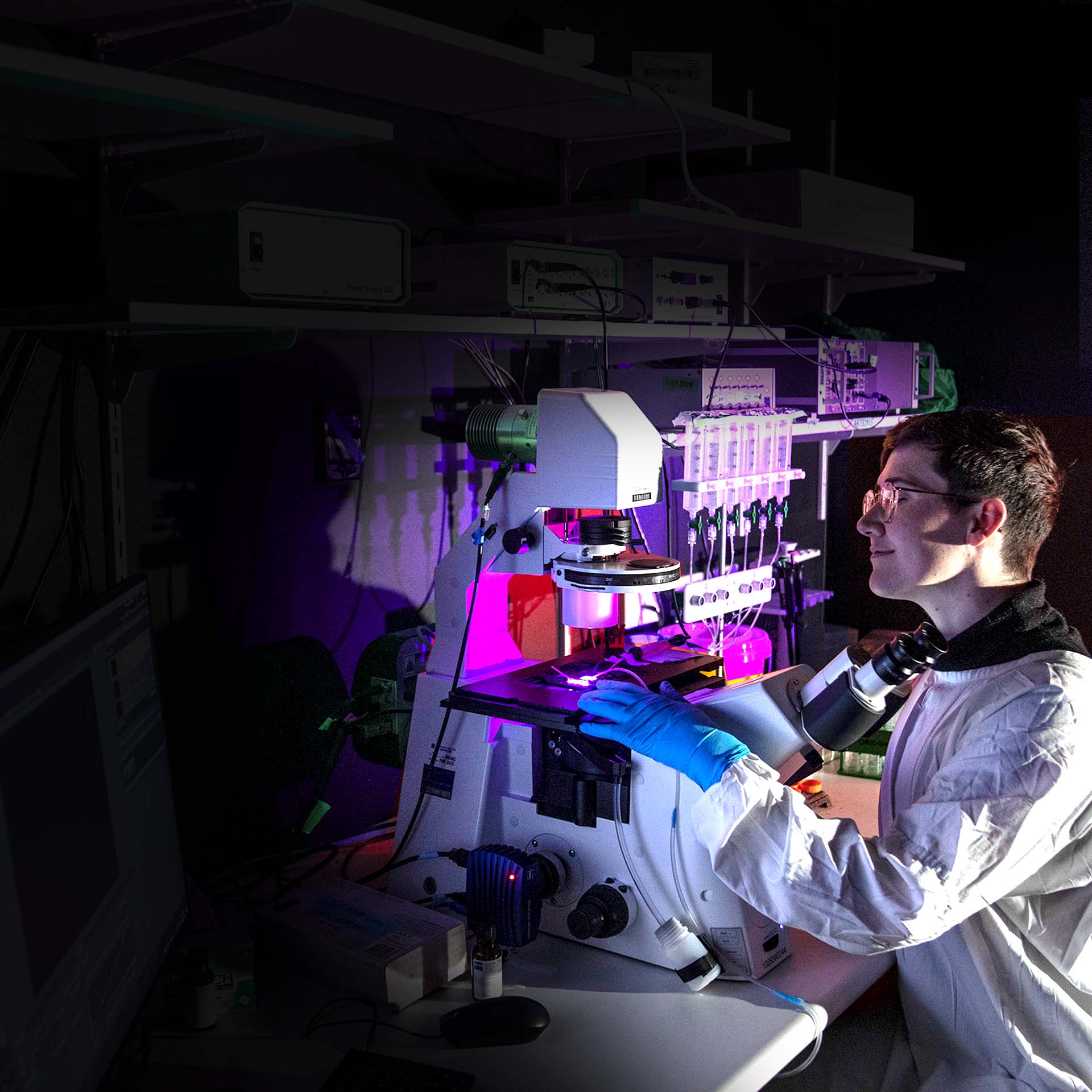
Reimagining the future with a gift to The Florey
Including a gift for The Florey in your Will is a special contribution towards advancing our discoveries from the laboratory to treatments for people in need.
You’ll be joining a growing number of supporters like you who want to help our researchers improve the lives of the 1 in 5 Australians living with a brain or mental health condition.
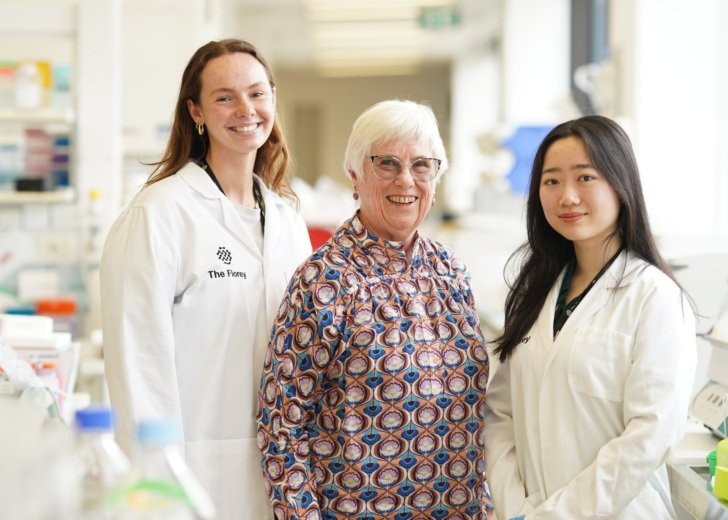
Our impact
As a world-leading medical research institute, our expertise, collaborations and world-class facilities mean that our knowledge can be accelerated into impact – finding treatments and advancing clinical practice to improve the lives of people living with brain and mental health conditions.
Our research
Our research encompasses 20+ brain and mental health conditions including anxiety, dementia, motor neurone disease, epilepsy and stroke. We investigate how the brain works, what drives behaviour, find the underlying causes of diseases, and unravel the connection between the body and the brain.
Careers and study
The Florey is a place of excellence, where a diverse group of talented people are drawn together by the shared purpose of advancing brain research. Working and studying at the Florey provides access to unique and rewarding opportunities within an inclusive and welcoming environment.
Latest news

